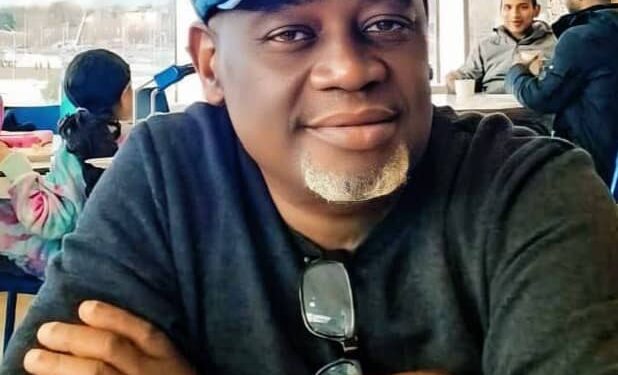By Lai Gidaddo
It appears that many African elites find satisfaction in the suffering of the masses. There’s an unsettling pattern where they exploit the struggles of the poor for their own gain, using these moments to showcase benevolence while subtly reinforcing dependence.
A deeper look reveals a troubling irony: the same people who hold the reins of power, capable of implementing sustainable solutions, are the ones orchestrating this cycle of misery.
The holy scriptures admonish us to “love our neighbours as ourselves” and to give with discretion. Yet, in Africa, charity often morphs into a circus of humiliation.
It is not uncommon to see desperate individuals lining up for hours, sometimes overnight, for handouts that barely scratch the surface of their needs.
The Yoruba adage, “A rich man among a thousand poor men is also a poor man,” serves as a poignant reminder of the hollowness of wealth in the midst of widespread poverty.
Contrast this with the approach of Catholic charities in Europe. During my time in County Kerry, Ireland, I witnessed how organisations like St. Lumumba’s and St. John’s would quietly deliver Christmas cheer to the less privileged.
Their actions, devoid of fanfare, respected the dignity of the recipients.
From food items to clothes and toys, these groups ensured no one was left out during festive seasons. Even Islamic organisations, like the Zakat Foundation, operate with similar discretion, bridging the gap between the rich and the poor without resorting to public spectacles.
In our part of the world, however, the narrative is grim. On Christmas Eve in Lagos, hundreds of Nigerians gathered outside the mansions of the wealthy in hopes of receiving gifts.
The scenes of chaos that ensued were both heartbreaking and infuriating. Many returned home empty-handed, some injured, and others traumatised by the stampedes or scuffles with security personnel.
More troubling are the lives lost during such distributions. In cities like Ibadan, Abuja, and Anambra, stampedes have claimed lives, leaving families bereaved and communities shaken.
Yet, these tragedies seem to teach us nothing. The organisers continue with their charades, the media captures the chaos, and the cycle repeats itself.
The solution is not complicated. If elites and NGOs truly wish to help, they could do so discreetly. Community leaders can compile lists of vulnerable individuals, and donations can be distributed door-to-door.
This approach not only preserves dignity but also ensures safety. It is baffling that this simple strategy is often ignored in favour of grandstanding.
Enough of palliatives! The billions spent on these temporary solutions could be channelled into building industries and creating jobs. Imagine establishing agricultural hubs, textile factories, or tech parks in each senatorial district.
These projects would not only reduce unemployment but also stimulate economic growth.
It is absurd to watch government officials boast about feeding millions, knowing full well that these meals will not last beyond a day or two.
Where are the long-term plans? Why not invest in vocational training centres, micro-loan schemes, or infrastructure projects that empower people to fend for themselves? While the government and elites bear the lion’s share of the blame, the masses must also reflect.
Parents who risk their children’s safety for handouts and individuals who sleep on the streets for cups of rice must begin to demand more from their leaders.
Poverty should not strip people of their dignity or their sense of agency.
The time has come for a paradigm shift. Africa deserves leaders who think beyond their personal interests and citizens who hold them accountable.
Let us end this culture of temporary fixes and focus on sustainable solutions that uplift everyone.
We must shift our focus to creating jobs and teaching people how to fish, rather than simply giving them fish.
God bless Nigeria.
Lai Gidado 26 December 2024











